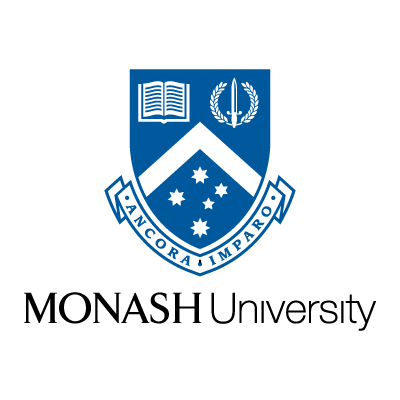Biostatistics
Monash University
About
The Graduate Diploma course provides you with a broad range of theory and techniques especially designed for health professionals.
This program assists you to understand the mathematical background, theory and applications of the principles of epidemiology and biostatistics in health and medical research;
develops your skills in performing complex statistical analyses as for reading statistical methodological literature.
Structure
Structure
The course comprises 48 points of core biostatistics studies. These studies will provide you with the core epidemiological, mathematical and statistical foundations required for biostatistical practice and study of advanced biostatistical methods. The units provide theoretical and practical experience in calculus, probability distributions, computing and statistical inference and are followed by applications of these principles to fundamental areas for biostatistics such as clinical trials and regression modelling.
The course progression map provides guidance on unit enrolment for each semester of study.
Entry requirements
Qualifications
An Australian undergraduate Bachelors degree (or equivalent) in mathematics, statistics, science, psychology, medicine, pharmacy, nursing, health sciences or other quantitative discipline
OR
A Graduate Certificate of Biostatistics from another university in the Biostatistics Collaboration of Australia, or equivalent as deemed by the Faculty.
English requirements
Applicants must also meet the English language requirements.
University entrance requirements
Minimum entrance requirements for admission to Monash University Australia.
Learning outcomes
Learning outcomes
These course outcomes are aligned with the Australian Qualifications Framework level 8 and Monash Graduate Attributes.
Upon successful completion of this course it is expected that you will be able to:
1.demonstrate a sound understanding of epidemiological study design and the theory and application of the major areas of biostatistics relevant to professional practice
2.identify the relevant statistical issues in practical problems in medical/health settings and to propose an appropriate statistical design and/or analysis methodology
3.collect and manage data, apply quality control procedures and handle data in an ethical manner
4.employ skills in statistical analyses to handle practical problems using modern statistical techniques and software
5.communicate practical biostatistical issues with clinical/health personnel
6.understand and explain methodological papers in the biostatistical literature
7.put into practice professional codes of conduct and ethical standards such as those of the Statistical Society of Australia
8.demonstrate the practical and technical skills needed to progress to further postgraduate studies in biostatistics.
Institution
